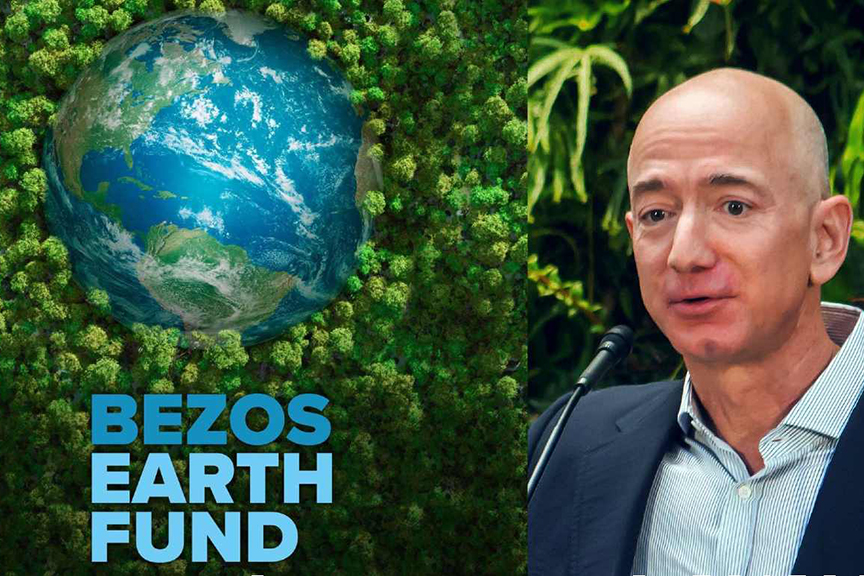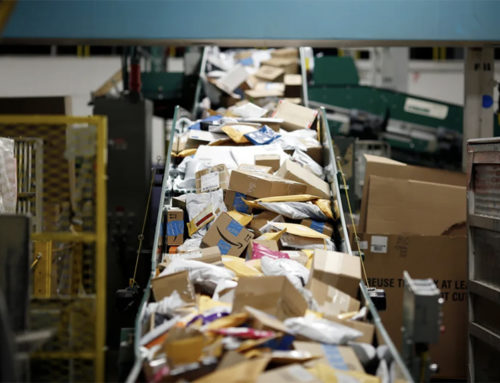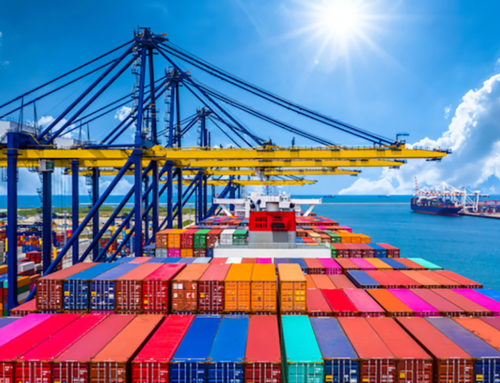In a world increasingly committed to sustainable practices and environmental stewardship, the disjunction between corporate actions and proclaimed ideals is becoming glaringly evident. The story of Amazon’s role in exacerbating the global plastic waste crisis, set against the backdrop of Jeff Bezos’ ambitious Earth Fund pledging a cleaner, healthier world, presents a striking contrast between rhetoric and the pressing realities we face.
Amazon’s involvement in the mounting global plastic waste crisis, largely stemming from its packaging and distribution practices, serves as a somber reminder. As the e-commerce titan continues to soar, its reliance on single-use plastic materials adds to the ever-expanding menace of plastic pollution worldwide. This stark contradiction seemingly contradicts Amazon’s avowal of sustainability and prompts profound questions regarding its dedication to reducing its ecological footprint.

In sharp contrast, the Earth Fund, under the stewardship of Jeff Bezos, emerged with grand promises of addressing urgent environmental concerns through substantial financial commitments. Pledging to combat climate change and protect biodiversity, the fund held the potential to usher in transformative changes and lead us toward a more sustainable future.
However, a closer examination of Amazon’s plastic waste practices uncovers a significant incongruity. While the Earth Fund’s objectives might appear commendable, with images of tree planting and high-profile displays of environmental stewardship, Amazon’s contribution to plastic pollution tells a different story. The disparity between these two aspects of Amazon’s operations raises concerns about the authenticity of the company’s environmental pledges and the potential impact of the Earth Fund.
This contradiction between Amazon’s involvement in plastic waste and the Earth Fund’s stated goals reflects a broader issue within the corporate landscape. The gap between spoken intentions and concrete actions erodes the credibility of well-meaning initiatives. To drive meaningful change, it becomes imperative to undergo a comprehensive reevaluation of corporate values and operational approaches.
In a world grappling with mounting environmental challenges, the principles of integrity and coherence loom large. Achieving harmony between professed ideals and real-world actions is essential for sustainable progress. Amazon’s commitment to addressing plastic waste must extend beyond surface-level measures, necessitating substantial actions that align with its proclaimed dedication to environmental preservation.
The alignment of Amazon’s actions with the objectives of the Earth Fund holds the key to genuine transformation. Tackling Amazon’s plastic waste footprint alongside the Earth Fund’s endeavors can magnify their global impact. This alignment not only validates the Earth Fund’s aspirations but also underscores Amazon’s commitment to fulfilling its role as a responsible guardian of the planet.
In a world earnestly striving for positive change, it is incumbent upon corporations to reconcile their values, actions, and promises. The dissonance observed between Amazon’s plastic waste contributions and the Earth Fund’s aspirations mirrors the broader challenges faced by corporations in their quest for sustainability. Until the chasm between words and deeds is bridged, it is the general public that continues to bear the brunt of the disconnect.






